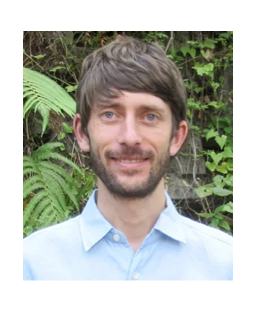- Discussion
- Apr 1, 2020
- 00:07:56
History of Science ON CALL: Lyle Fearnley
- Lyle Fearnley
- Research Communication and Management
- History of Science ON CALL: Listening, Attending, Acting
 Anthropologist Lyle Fearnley for the History of Science ON CALL project, asking:
Anthropologist Lyle Fearnley for the History of Science ON CALL project, asking:
- What is an epicenter of pandemics?
- Should we move on from the search for the origins of pandemics?
Profile: Lyle Fearnley
Lyle Fearnley is Assistant Professor of Anthropology at SUTD. Trained as an anthropologist of science and medicine, Fearnley received a Joint PhD in Medical Anthropology from the University of California, Berkeley and San Francisco. His first book—Virulent Zones: Animal Disease and Global Health at China’s Pandemic Epicenter—will be published in 2020 (Duke University Press). Currently, he is conducting research projects on the contested futures of rice breeding and genetics in China, and on waste, circular economy, and the ecology of health in contemporary Singapore.
About the History of Science ON CALL Project
History of Science ON CALL aggregates and amplifies two streams of information—Research and Education—relevant to crises, including chronic disasters. The Research stream consists of short-format video interviews while the Education stream seeks to aggregate and introduce known resources and materials—scholarship and teaching tools—in order to amplify their reach.
